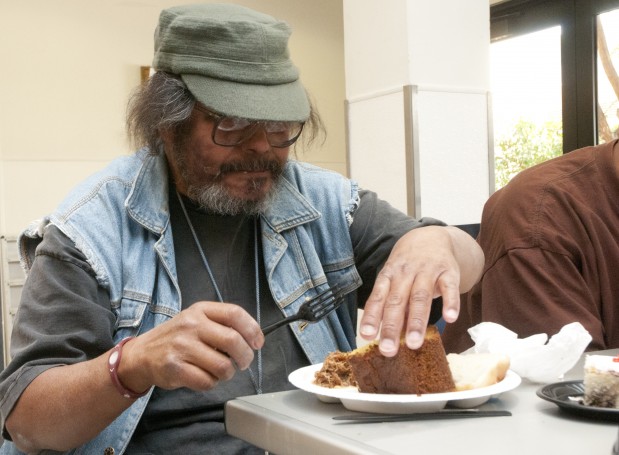By Gus Herrera
$75K approved for Union Station to facilitate motel voucher program
From the opening public comment portion, all the way to the continued public hearing on the city’s operating budget near the end of the agenda, Monday’s regular meeting of the Pasadena City Council saw discussions revolve around the critical topics of affordable housing and homelessness.
Following the recent 2017 Greater Los Angeles Homeless Count’s report that the county’s homeless population has increased 23 percent in the past year and the Board of Supervisors Chairman Mark Ridley-Thomas’ subsequent call to action, it was clear that council members had the city’s most vulnerable individuals fresh on their minds.
During public comment, local attorney Richard McDonald alerted council to an issue he said, “started out as a small problem, but now [is] a serious problem.”
McDonald claims that several multi-million dollar developments, specifically potential affordable housing projects, have found themselves in limbo following appeals on “specious grounds.”
He criticized the city’s appeal process as being “easy” and argued that affordable housing projects have been confronted by forms of “legal extortion.” McDonald revealed that many appeals have been filed on grounds as ambiguous as construction or noise issues.
Furthermore, he says that the appeals process has been plagued by inefficient bureaucracy – the board of zoning appeals frequently fails to reach a quorum, resulting in hearings being postponed for months at a time.
“Projects approved in February aren’t being heard until June … clients are beginning to … dump affordable housing,” said McDonald.
Mayor Terry Tornek reminded council and the speakers that they are citizen committees, “we can’t force them to show up … it will be reviewed.”
But Vice-Mayor John Kennedy was much more adamant about finding a solution, “we do need to take it very seriously … a fire drill needs to take place … something has to be done beyond, ‘we’ll get back to them.’”
During the evening’s consent calendar, council authorized the city to enter into a $75,000 contract with Union Station to facilitate the motel voucher program.
The city released a request for proposal on March 24, to which only two of the 19 non-profit organizations providing homeless services in Pasadena responded: Foothill Unity Center and Union Station.
The two organizations have a solid history working with the city and both are currently receiving municipal funding for homeless services this year.
Ultimately, Union Station was selected for the contract, having outscored Foothill Unity in five of the eight evaluation categories, which included experience, familiarity with the city, thorough understanding, and staff capacity, to name a few.
Under the contract, Union Station will provide motel vouchers to “shelter-resistant high-need homeless persons who have begun the process of seeking permanent housing.”
The voucher program is intended to only provide short-term housing options and will also utilize an “engagement tool” to reach out to homeless individuals “who would otherwise refuse outreach and offers of shelter.”
Outreach will include the provision of housing navigation and case management, in addition to connecting participants with more permanent forms of housing and services.
Union Station will also be responsible for marketing the program to motel owners throughout the San Gabriel Valley. According to staff’s report, distribution of vouchers will depend on vacancies and room availability.
The contract with Union Station will have a one-year, non-extendable term.
Following the public hearing on the city’s housing and career services budget, Council Member Andy Wilson asked William Huang, director of the department of housing, to reconcile the fact that despite a focus on combating homelessness over the “past couple of years,” Pasadena continues to see growth in the homeless population.
Huang attributed the homeless population’s growth of eight percent this year to an increase in usage of the city’s bad weather shelter, specifically because some neighboring cities such a Glendale did not run a bad weather shelter. He also revealed that more seniors are falling into homelessness.
Additionally, Huang cited increases in rental rates, higher home prices, student loan debts, and credit requirements as significant challenges to those looking to become homeowners.
Despite uncertainty from President Trump’s budget, which seeks to cut federal assistance while layering additional restrictions into existing funds, Huang believes that three recently-approved resources (Measure HHH, Measure H, and No Place Like Home) will soon begin to foster improvement.
But, until the money begins to flow through the system, both Huang and Wilson believe that it is very possible that homeless numbers will unfortunately continue to rise.

